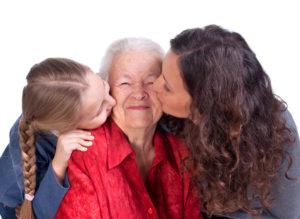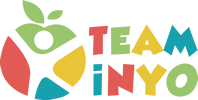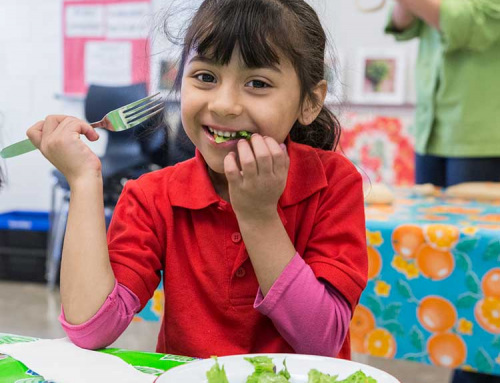Being a caregiver or parent is one of the most important jobs in the world. Caregivers go without showers, meals, social interaction and other forms of self-care simply so they can ensure that those they are charged with get their needs met first and foremost. Being a parent or a caregiver is rewarding, but can also be stressful. The change in roles may be especially traumatic for those who may be caring for an elderly parent or disabled spouse. According to research done by the Family Caregiver Alliance, caregivers are more likely to suffer from a chronic illness including depression and substance use.
 In 2015 it was estimated by the National Alliance for Caregiving and the AARP that approximately 43.5 million caregivers provided unpaid care to an adult or child within the span of a year. Based on our aging population and changes in insurance coverage, this number is expected to continue to rise.
In 2015 it was estimated by the National Alliance for Caregiving and the AARP that approximately 43.5 million caregivers provided unpaid care to an adult or child within the span of a year. Based on our aging population and changes in insurance coverage, this number is expected to continue to rise.
Given that 1 in 3 adults will experience the stress of being a caregiver at some time in their life, what are some helpful tips that caregivers and parents can use to make sure they are taking care of themselves also? We have compiled some suggestions to help not only caregivers and parents, but to hopefully help everyone to become healthier in body, mind and spirit.
* Get a good night’s sleep. Try to get at least 8 hours sleep each night and avoid caffeine, nicotine and alcohol as these will interfere with the sleep cycle.
* Eat nutritious and well balanced meals and snacks. Make sure your protein sources are lean, your grains are whole, and your milk is low-fat and that you fill up your plate with colorful fruits and veggies. Avoid foods that are high in trans fats, sodium and salt.
* Get daily physical activity. Even if it is just 10 minutes at a time, a little will add up over time and your heart and body will thank you!
* Use stress-reduction techniques such as meditation, yoga and mindfulness. Spirituality is another proven stress reduction technique and prayer can also be effective in reducing stress.
* Don’t be afraid to take time off for yourself. Engage in self-care activities such as taking a warm bubble bath, settling in with a book and a mug of tea, getting a massage or facial, getting a haircut or nails done and journaling.
* Make sure your own healthcare needs are met. Remind the staff of your special needs and commitments as a caregiver and don’t be afraid to communicate with your doctor’s office to ensure that your appointments run as timely as possible. Be honest with your physician and the clinic staff on how your responsibilities as a caregiver affect your physical and mental well-being.
 * Learn to ask for and accept help from others such as family, friends, professionals and community resources. Prepare a mental list of small tasks that others can help you with. Try asking people for help with small favors that are within their likes and abilities such as help with cooking a meal, watching a child or loved one for 30 minutes or transporting a family member to and from a doctor’s appointment. Asking for small favors will seem more doable and people will be more likely to offer help in the future.
* Learn to ask for and accept help from others such as family, friends, professionals and community resources. Prepare a mental list of small tasks that others can help you with. Try asking people for help with small favors that are within their likes and abilities such as help with cooking a meal, watching a child or loved one for 30 minutes or transporting a family member to and from a doctor’s appointment. Asking for small favors will seem more doable and people will be more likely to offer help in the future.
* Talk to a professional counselor, trusted friend or spiritual leader when needed. It is important to recognize that you can’t do everything alone. Many caregivers experience guilt, mixed with resentment mixed with frustration and loneliness. Talking to someone you trust can help you realize that your feelings are important, regardless what of what they may be. The statistics don’t lie – you aren’t alone!
* Remember you can’t control other people’s actions and reactions. You can only control you own.
Please refer to the following for additional information and resources or to report suspected elder or child abuse:
American Association of Retired Persons www.aarp.org
CA Department of Social Services www.cdss.ca.gov/Reporting/Report-Abuse/Report-Elder-Abuse
Family Caregiver Alliance www.caregiver.org
National Child Abuse Hotline www.childhelp.org or 1-800-422-4453
National Domestic Violence Hotline www.thehotline.org or 1-800-799-7233
National Parent Helpline www.nationalparenthelpline.org or 1-855-427-2736






